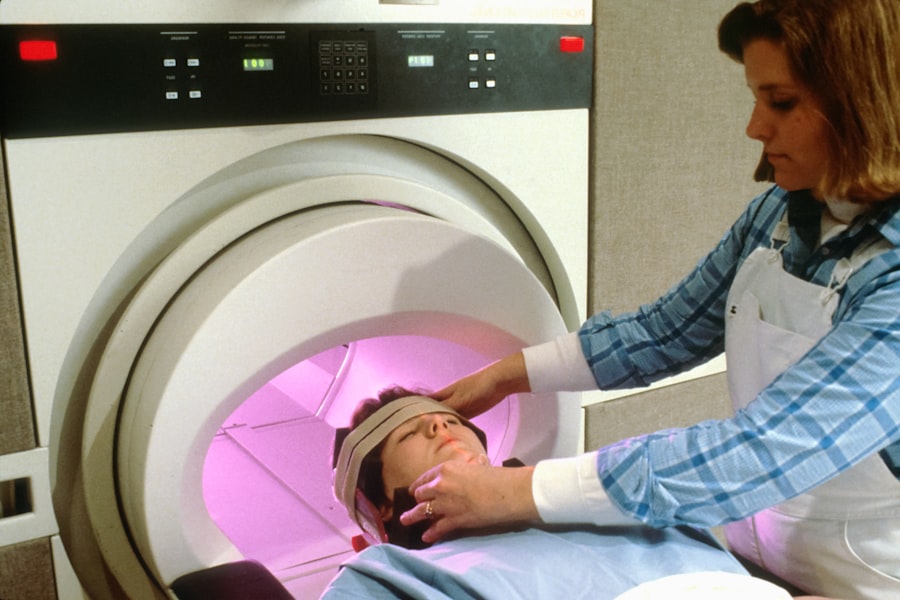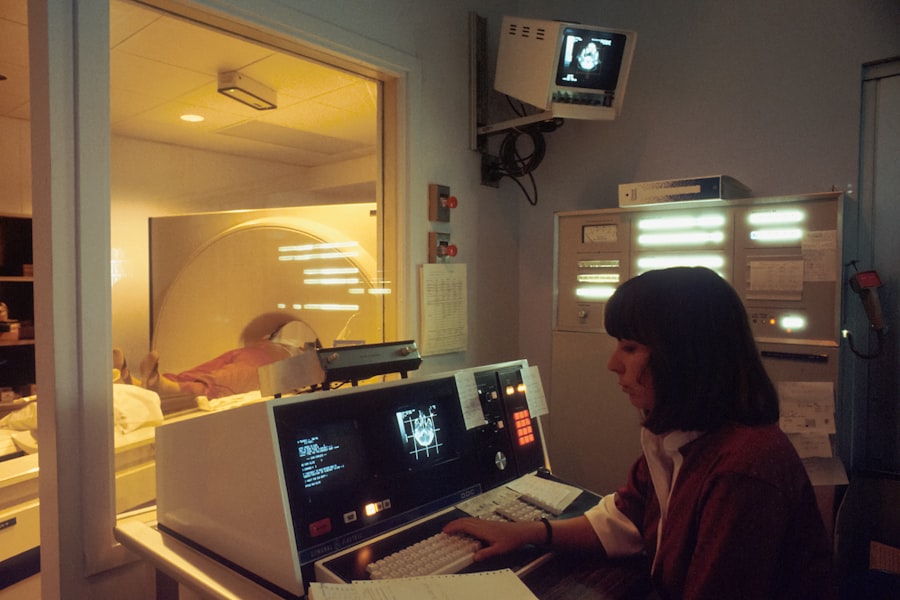Clinical trials are structured research studies designed to evaluate the safety and efficacy of new medical interventions, including drugs, devices, and treatment protocols. These trials are essential for advancing medical knowledge and improving patient care. They typically follow a rigorous protocol that outlines the study’s objectives, methodology, and participant criteria.
Clinical trials are conducted in phases, each with distinct goals and requirements. Phase I trials primarily focus on assessing safety and determining the appropriate dosage of a new treatment. Phase II trials expand the participant pool to evaluate the treatment’s effectiveness and further assess its safety.
Phase III trials involve larger populations and are crucial for comparing the new treatment against standard therapies. Finally, Phase IV trials occur after a treatment has been approved, monitoring its long-term effects in the general population. The design of clinical trials is governed by strict regulatory frameworks to ensure ethical standards and participant safety.
Institutional Review Boards (IRBs) play a critical role in overseeing these studies, ensuring that they adhere to ethical guidelines and that participants are fully informed about the risks and benefits involved. Informed consent is a cornerstone of clinical trials, requiring researchers to provide potential participants with comprehensive information about the study’s purpose, procedures, potential risks, and expected benefits. This process empowers individuals to make informed decisions about their participation, fostering transparency and trust between researchers and participants.
Key Takeaways
- Clinical trials are research studies that test new medical treatments or interventions on volunteers.
- Participating in clinical trials can provide access to cutting-edge treatments and contribute to medical advancements.
- Potential risks include side effects and the possibility that the treatment may not be effective.
- Finding and qualifying for a clinical trial involves meeting specific criteria and locating studies through various resources.
- Understanding the process before, during, and after the trial helps participants know what to expect and how to access support.
Benefits of Participating in Clinical Trials
Participating in clinical trials can offer numerous benefits to individuals, particularly those with conditions that have limited treatment options. One of the most significant advantages is access to cutting-edge therapies that are not yet available to the general public. For patients with chronic or life-threatening illnesses, such as cancer or rare diseases, clinical trials may provide access to innovative treatments that could potentially improve their health outcomes.
These therapies often undergo rigorous testing before they reach the market, which can give participants a sense of hope and agency in their treatment journey. Moreover, participants in clinical trials often receive comprehensive medical care throughout the study period. This care typically includes regular monitoring by healthcare professionals, which can lead to early detection of complications or side effects.
Additionally, many clinical trials cover the costs of treatments, tests, and follow-up visits, alleviating some financial burdens associated with healthcare. Participants may also benefit from close interactions with researchers and medical staff, gaining insights into their condition and treatment options that they might not receive in standard care settings.
Risks and Considerations

While there are numerous benefits to participating in clinical trials, it is essential to consider the potential risks involved. One primary concern is the uncertainty surrounding new treatments. Since these interventions are still under investigation, their safety and effectiveness may not be fully established.
Participants may experience unexpected side effects or adverse reactions that have not been documented in previous studies. This uncertainty can be particularly daunting for individuals with serious health conditions who may already be facing significant challenges. Additionally, the commitment required for participation can be substantial.
Clinical trials often involve multiple visits to research sites, extensive testing, and adherence to specific protocols that may include taking medications at precise times or following strict dietary guidelines. This level of commitment can be challenging for individuals with busy lives or those who live far from trial sites. Furthermore, participants must be prepared for the possibility that they may be assigned to a placebo group or receive standard treatment instead of the experimental therapy.
This aspect can lead to feelings of frustration or disappointment if expectations are not met.
Finding a Drug Study Near You
| Metric | Description | Example Value |
|---|---|---|
| Number of Active Studies | Total ongoing drug studies available in your area | 125 |
| Average Distance to Study Site | Average miles participants travel to reach the study location | 12 miles |
| Enrollment Rate | Percentage of eligible participants who enroll in studies | 68% |
| Study Duration | Average length of time participants are involved in a study | 6 months |
| Compensation Range | Typical participant compensation for completing a study | 100 – 1500 |
| Common Therapeutic Areas | Most frequent medical conditions targeted by studies | Diabetes, Hypertension, Asthma |
| Eligibility Criteria | Typical requirements for participant inclusion | Age 18-65, Non-smoker, No chronic illness |
Locating a clinical trial that aligns with an individual’s health needs can be a daunting task, but several resources can facilitate this process. The first step is often consulting with a healthcare provider who can offer guidance on available studies relevant to a patient’s condition. Physicians may have access to databases or networks that list ongoing clinical trials and can help patients understand which studies might be appropriate for them.
In addition to consulting healthcare professionals, various online platforms provide searchable databases of clinical trials. The ClinicalTrials.gov website, maintained by the U.S. National Library of Medicine, is one of the most comprehensive resources available.
It allows users to search for studies by condition, location, phase, and other criteria. Other organizations, such as the World Health Organization (WHO) International Clinical Trials Registry Platform (ICTRP), also offer valuable information on global clinical trials. These platforms empower individuals to take an active role in their healthcare decisions by providing access to a wealth of information about ongoing research initiatives.
Qualifying for a Clinical Trial
Eligibility criteria for clinical trials vary widely depending on the study’s objectives and design. Researchers establish these criteria to ensure that participants are suitable for the specific intervention being tested. Common factors considered include age, gender, medical history, current health status, and previous treatments received.
For instance, some trials may only accept participants within a certain age range or those who have not previously undergone specific therapies. Before enrolling in a trial, potential participants typically undergo a screening process that includes medical evaluations and assessments to determine their eligibility. This process may involve blood tests, imaging studies, or other diagnostic procedures to gather relevant health information.
It is crucial for individuals considering participation to be honest about their medical history and current health status during this screening process. Failing to disclose pertinent information could not only disqualify them from the trial but also pose risks to their health if they are not adequately monitored throughout the study.
What to Expect During a Clinical Trial

Once enrolled in a clinical trial, participants can expect a structured experience that varies depending on the study’s design and phase. Initial visits often involve comprehensive assessments where researchers gather baseline data about participants’ health status. This may include physical examinations, laboratory tests, and questionnaires about symptoms or quality of life.
These assessments help establish a reference point for evaluating the treatment’s effects over time. Throughout the trial, participants will attend regular follow-up visits where they will receive the assigned intervention—whether it be an experimental drug, placebo, or standard treatment—and undergo additional evaluations to monitor their response. Researchers will closely track any side effects or changes in health status during these visits.
Participants may also be asked to keep diaries or logs detailing their experiences with the treatment, which can provide valuable data for researchers analyzing the intervention’s impact.
After the Clinical Trial
After completing a clinical trial, participants often have several considerations regarding their ongoing care and health management. Depending on the study’s design, individuals may receive information about whether they were assigned to the experimental treatment or placebo group. In some cases, if the treatment proves effective during the trial phase, participants may have access to it even after the study concludes—either through continued participation in an extension study or through compassionate use programs.
Moreover, post-trial follow-up is essential for monitoring long-term effects and outcomes associated with the intervention. Researchers may contact participants periodically to gather data on their health status and any lasting effects from the treatment received during the trial. This follow-up is crucial not only for individual participants but also for advancing scientific knowledge about the intervention’s safety and efficacy over time.
Resources for Finding Clinical Trials
Numerous resources exist for individuals interested in finding clinical trials that may be relevant to their health conditions or interests. As previously mentioned, ClinicalTrials.gov is an invaluable tool that provides extensive information on ongoing studies across various medical fields. Users can filter searches based on specific criteria such as location, condition type, and phase of research.
In addition to government resources, nonprofit organizations often maintain databases of clinical trials related to specific diseases or conditions. For example, organizations like the American Cancer Society or the National Multiple Sclerosis Society offer resources tailored to patients seeking clinical trial opportunities within those specific areas of research. Furthermore, local hospitals and academic medical centers frequently conduct clinical trials and may have dedicated staff members who can assist patients in finding suitable studies.
Support groups and online forums can also serve as valuable resources for individuals seeking information about clinical trials. Engaging with others who have similar health concerns can provide insights into personal experiences with clinical research participation and recommendations for navigating the process effectively. By leveraging these resources, individuals can empower themselves with knowledge about available clinical trials and make informed decisions regarding their healthcare options.




